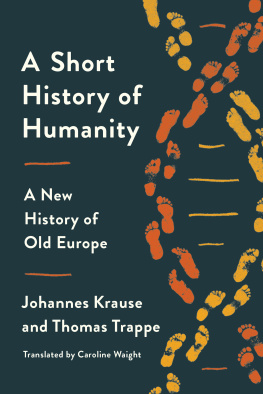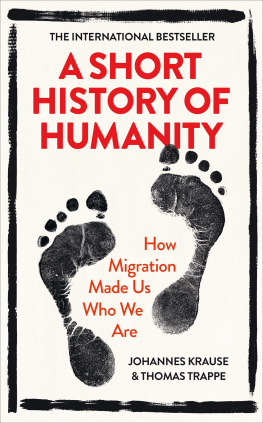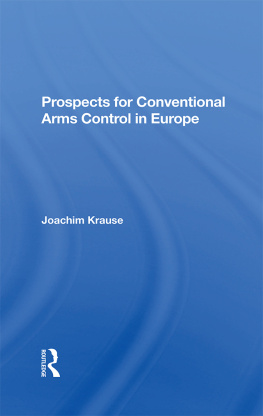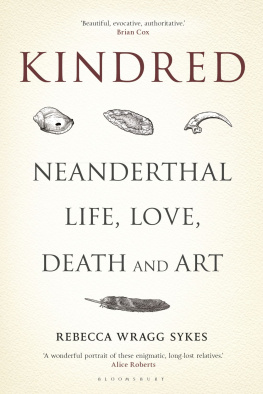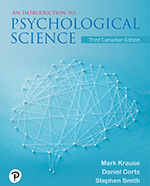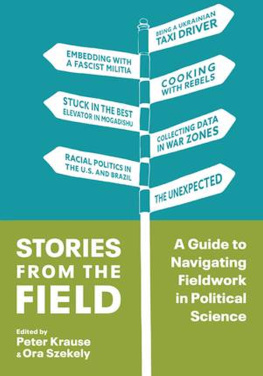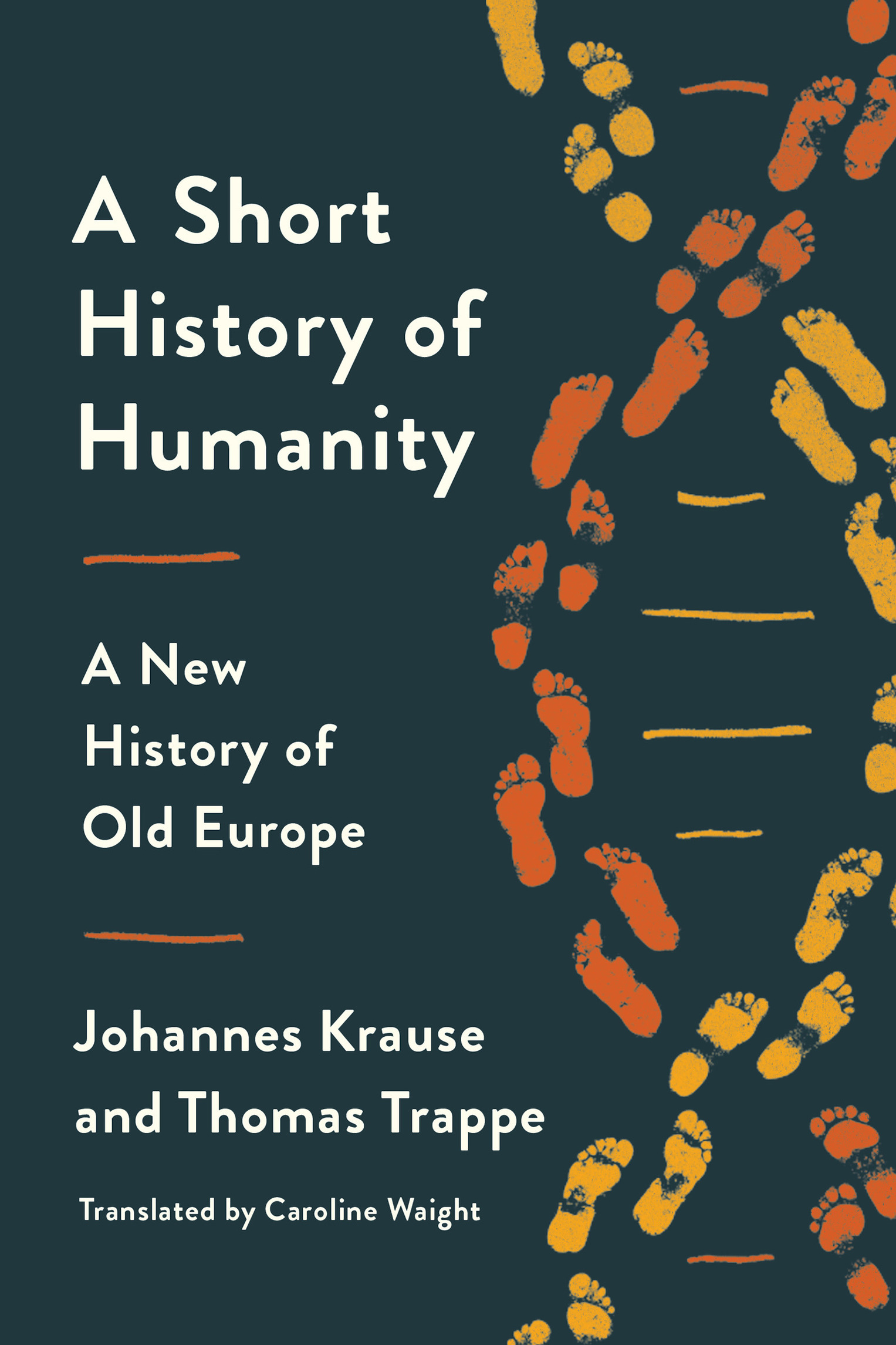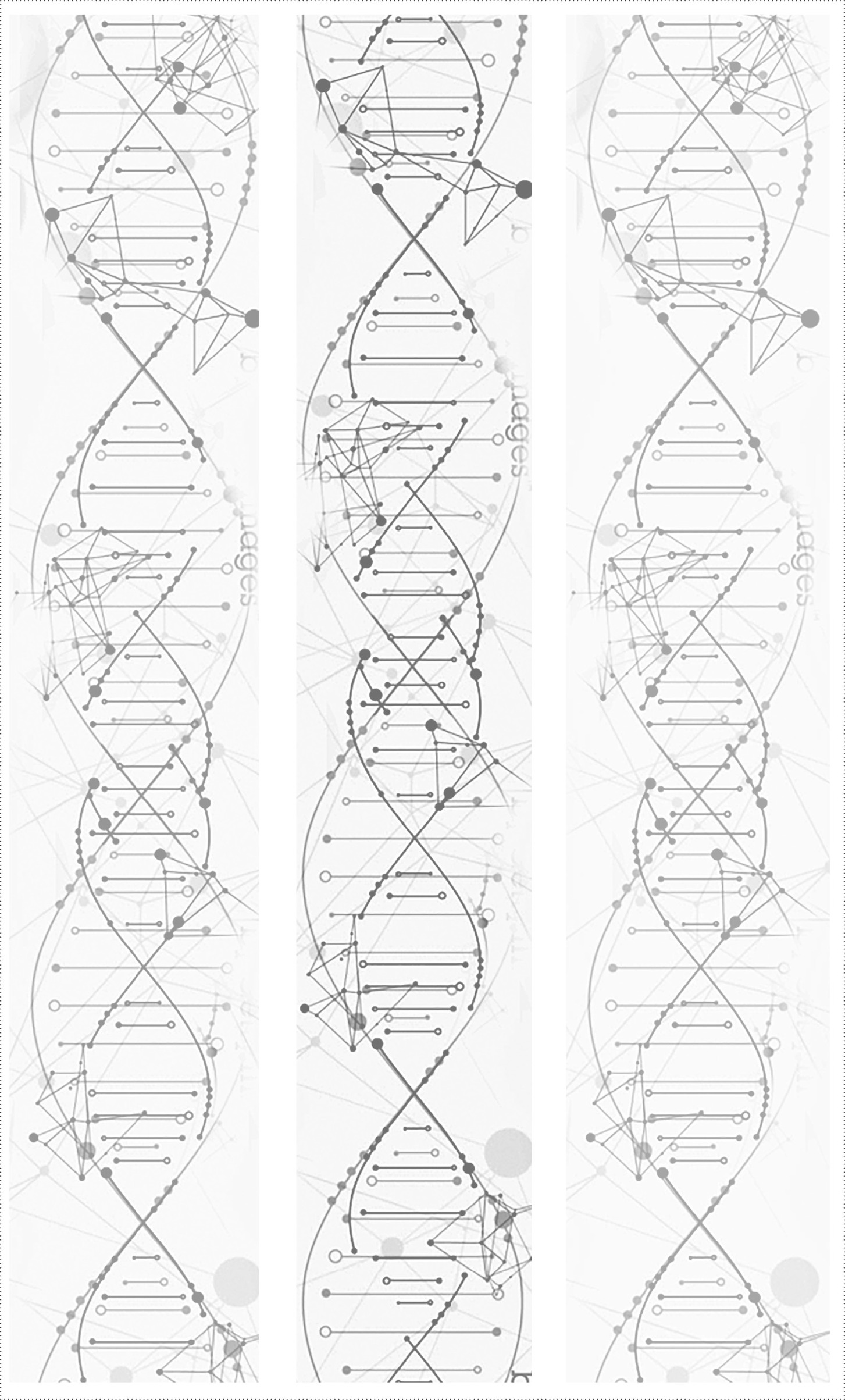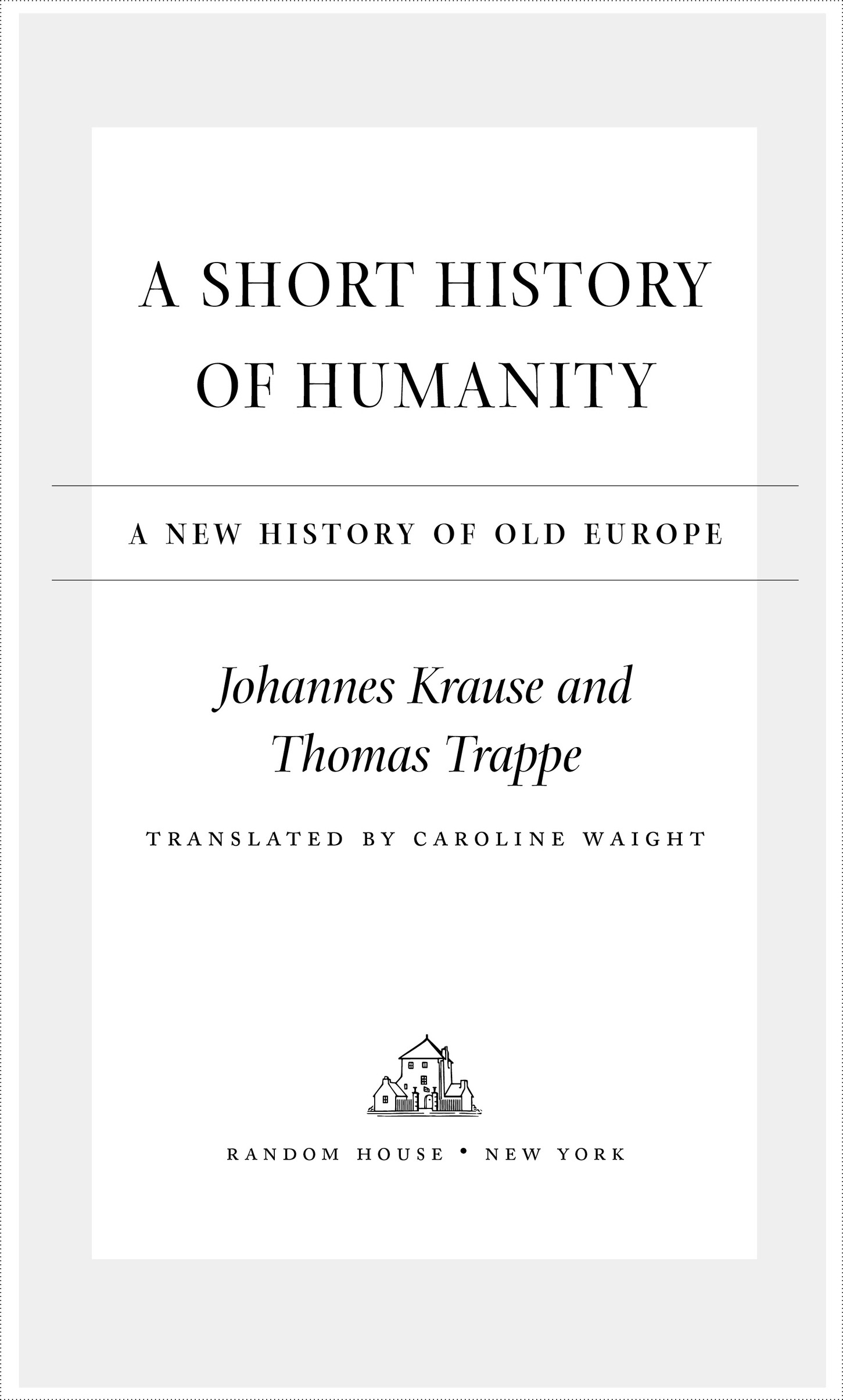All rights reserved.
Published in the United States by Random House, an imprint and division of Penguin Random House LLC, New York.
Random House and the House colophon are registered trademarks of Penguin Random House LLC.
Originally published in German as DIE REISE UNSERER GENE by Propylen Verlag in 2019, copyright 2019 by Ullstein Buchverlage GmbH, Berlin. English translation first published in 2021 by WH Allen, an imprint of Ebury. Ebury is part of the Penguin Random House group of companies.
INTRODUCTION
After the pandemic, nothing will be as it was. A previously unknown illness has swept across Europe like a storm, and wherever it has raged, entire social systems have been utterly changed. Humanity has known the brutal power of pathogens before. Four thousand eight hundred years ago, a sickness that began in the East almost wholly transformed the genetic structure of people living in Europe; Eastern Europeans took control of the continent, ultimately ushering in the Bronze Age. This sickness was the plague. It ravaged Europe probably for the first time during the Stone Age, then repeatedly devastated the continent throughout its subsequent history, each attack worse than the last. Even then, people tried to curb the disease by closing borders, implementing quarantines, and reducing trade. Though they did not understand what caused it, they were able to observe its spread at close quarters. In Venice during the Middle Ages, for instance, which was in those days an economic powerhouse, trade almost ground to a halt. Countless people died in the streets, their numbers now revealed only by mass graves. Until recently, we had hoped the story would never be repeated. But in 2020, images were broadcast of trucks carrying the bodies of deceased COVID-19 victims to crematoriums and mass graves all over the worldin Bergamo, New York, and other cities and towns.
It would take nearly 5,000 years for us simply to discover the existence of the Stone Age plague. Armed with revolutionary technology, we ground ancient bones to dust and distilled from their DNA the stories told in this book. Archaeogenetics, a young branch of science, uses methods developed in the field of medicine to decode ancient genomes, some of which are hundreds of thousands of years old. The field is still only just taking off, yet already its contribution to our store of knowledge is vast. Using human bones from the distant past, we can uncover not only the genetic profiles of the dead but also how their genes spread across Europein other words, when our ancestors arrived and where they came from. Today we are also able to sift out DNA from bacteria that cause deadly diseasesnot just the plaguefrom blood dried in teeth hundreds and thousands of years old. Thanks to archaeogenetics, history and the story of disease in Europe can be told in an entirely new way. And it turns out that two of the biggest issues the world is currently facing are constants in human history: deadly pandemics and constant migration.
When this book was first published in February 2019, the political discussion in Germany was still very much shaped by the refugee crisis of 2015. Readers and the press focused mainly on the passages that dealt with the archaeogenetic evidence of countless waves of past migration across the globe and constant genetic intermingling among our ancestors. A little more than a year later, as the entire planet reels from the ruthless SARS-CoV-2 virus, that particular crisis has fallen somewhat out of the spotlight despite the countless precarious journeys made by migrants every day. And although theres no real comparison between the far more lethal plague and the novel coronavirus, there is one parallel: invisible pathogens have always been capable of stopping a society in its tracks from one day to the next, jolting us out of our sense of unassailability into a paralyzing helplessness. What the consequences of the current pandemic will be for humankind, no one is currently in a position to say. In this book, however, we will show what impact such events had on the earliest denizens of Europe. It would be presumptuous to draw political conclusions from this and apply them to the present daythat is not the task of archaeogeneticsbut we can help to clarify a few things. We can try to understand the world for what it undoubtedly is: a site of progress that has spanned millennia, progress that without migration and human mobility would have been impossible. Time and time again populations have been ultimately strengthened by adversity, even after catastrophic pandemics. In this sense, at least, we should make no secret of hoping that history will repeat itself.
The initial pages of this book explore the great waves of migration that have shaped Europe since its earliest times, as well as those that began there and founded the Western world. We are concerned, among other things, with the ever-present route through the Balkans and the conflicts that have accompanied migration since time immemorial. We will explain why the first Europeans had dark skin, and why we can use DNA analyses to pinpoint individual Europeans on a map but not to draw sharp genetic lines around ethnic groupsand certainly not nationalities. We trace an arc from the Ice Age, when Europeans genetic journey began, to the present day, where we are on the verge of taking evolution into our own hands. Our book seeks to address not only political controversies but also the contributions of archaeogenetics to our understanding of the history of Europe.
This new information does not provide black-and-white answers. Its clear that migrants shaped Europe, and theres no question the resulting upheavals caused a good deal of sufferingfor hunter-gatherers, for instance, who were displaced by Anatolian farmers. Its also true that the history of migration has always also been the history of deadly diseases. We know that people open to migration will find arguments in this book to support their beliefs, as will those in favor of stricter border control. Instead, our hope is that after reading our book no reader will dispute mobilitys integral part of human nature. Ideally, you will be persuaded that a global approach to societyan approach that has been field-tested for thousands of yearswill also be the key to progress in the future. The times we are living in have placed human mobilitywith all its complications and side effectsunder a powerful magnifying glass. On the one hand, the spread of COVID-19 would be unthinkable without it. On the other, placing large-scale limitations on migration for only a few weeks led to social upheaval and economic collapse, the worldwide effects of which will be felt in our everyday lives for years to come.
Two authors have contributed to this book. The first is Johannes Krause, who assumes the role of first-person narrator from the next chapter onward. He is one of the most established international experts in the field of archaeogenetics (for reasons of modesty this passage was written by the second author) and is director of the Max Planck Institute for Evolutionary Anthropology in Leipzig, Germany. His coauthor, Thomas Trappe, was tasked not only with compressing Krauses knowledge into a compact narrative but also with placing it in a contemporary context and framing it within ongoing political debates. Trappe has previously collaborated with Krause several times; he has also reported on nationalism and contemporary populist ideas. Over the course of many conversations, both authors realized they wanted to write a book that would bring together science and up-to-the-minute debates.

